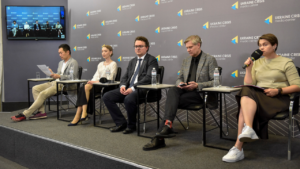Can Non-Western Countries Contribute to Restoring the Effectiveness of International Organizations? Results of the Crimea Global 2024 Panel Discussion
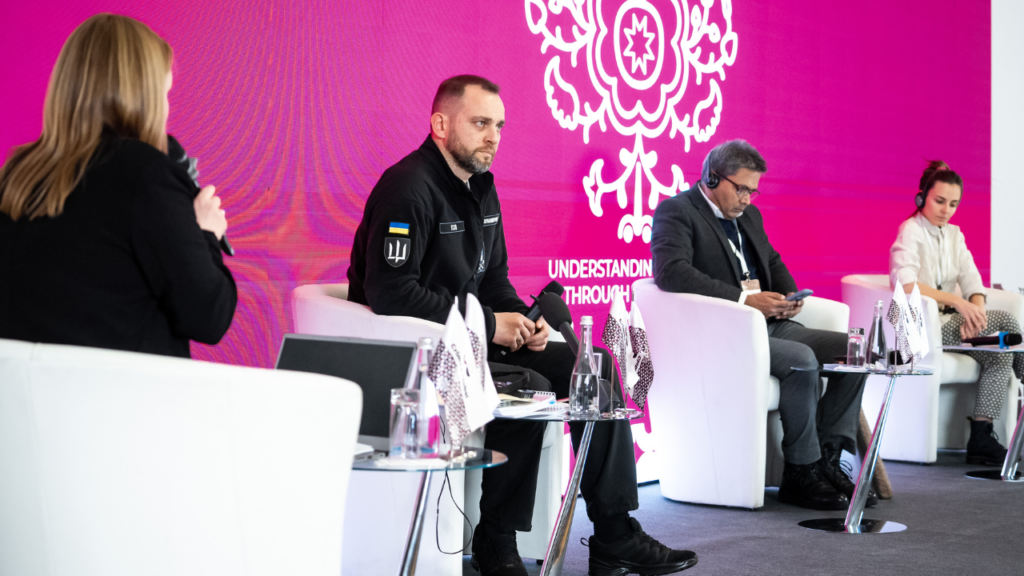
As part of the Second International Conference Crimea Global: Understanding Ukraine through the South, the second-panel discussion titled “Overcoming the Crisis: The Role of Asian, African, and Latin American Countries in Restoring the Effectiveness of International Organizations and Their Humanitarian Mission” took place.
The discussion was moderated by Olha Reshetylova, head of the Media Initiative for Human Rights.
She stated: “Russia’s armed aggression in Ukraine demonstrates the inability of international organizations to effectively respond to humanitarian crises, particularly in addressing the release of unlawfully detained civilians and deported children. During this panel discussion, we aim to explore whether non-Western countries can help overcome this humanitarian crisis.”
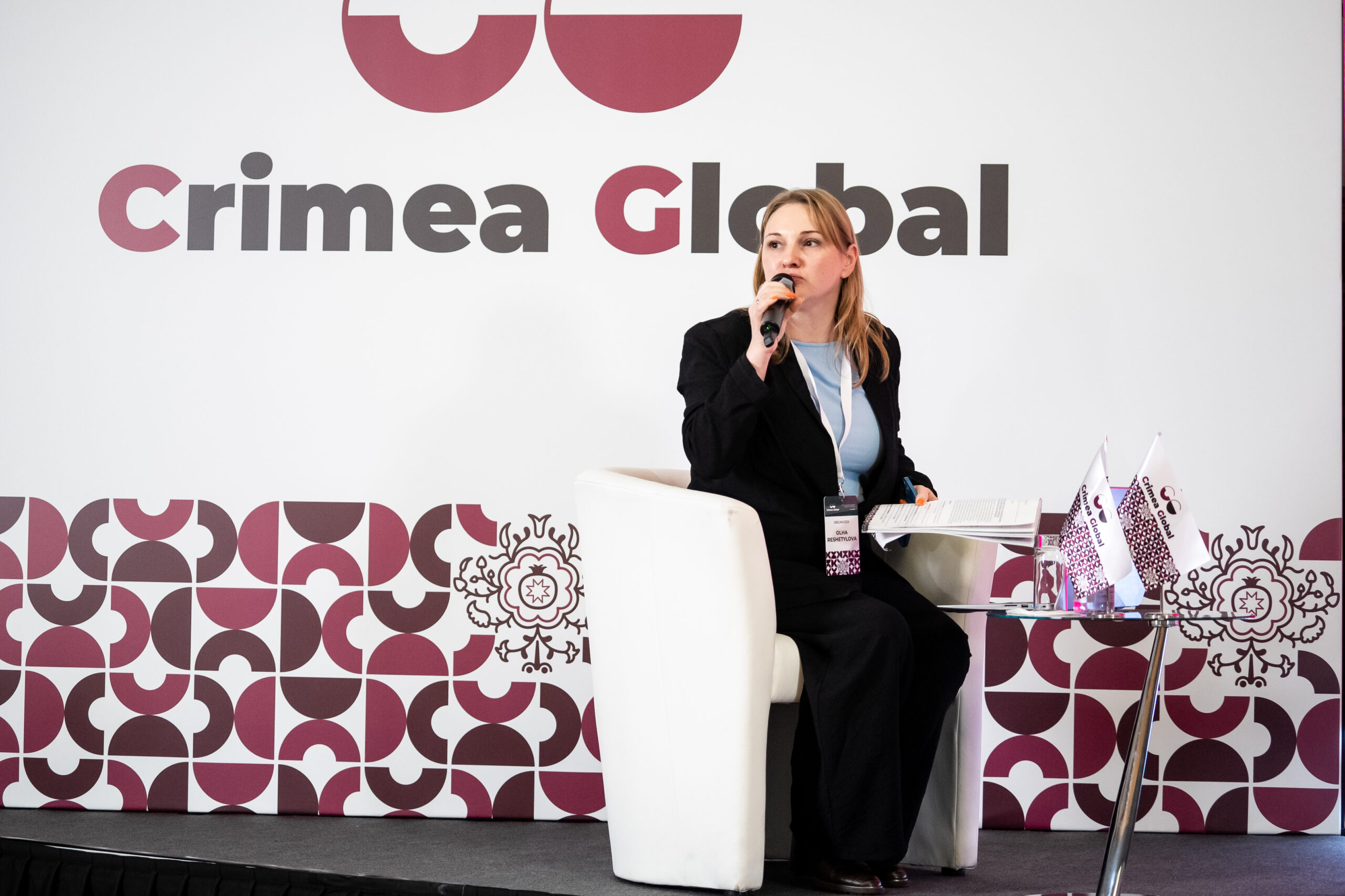
The panelists included Rubén Beltrán, a lawyer and career diplomat, former Vice Minister of Foreign Affairs of Mexico, and former Ambassador of Mexico to Russia and Chile; Umashankar Singh, senior editor for political and foreign affairs at NDTV India; Marina Slhessarenko Barreto, researcher with the Law and Democracy Cluster at the Brazilian Center for Analysis and Planning (CEBRAP), freelance political analyst from Brazil; and Dmytro Usov, Secretary of Ukraine’s Coordination Headquarters for the Treatment of Prisoners of War.
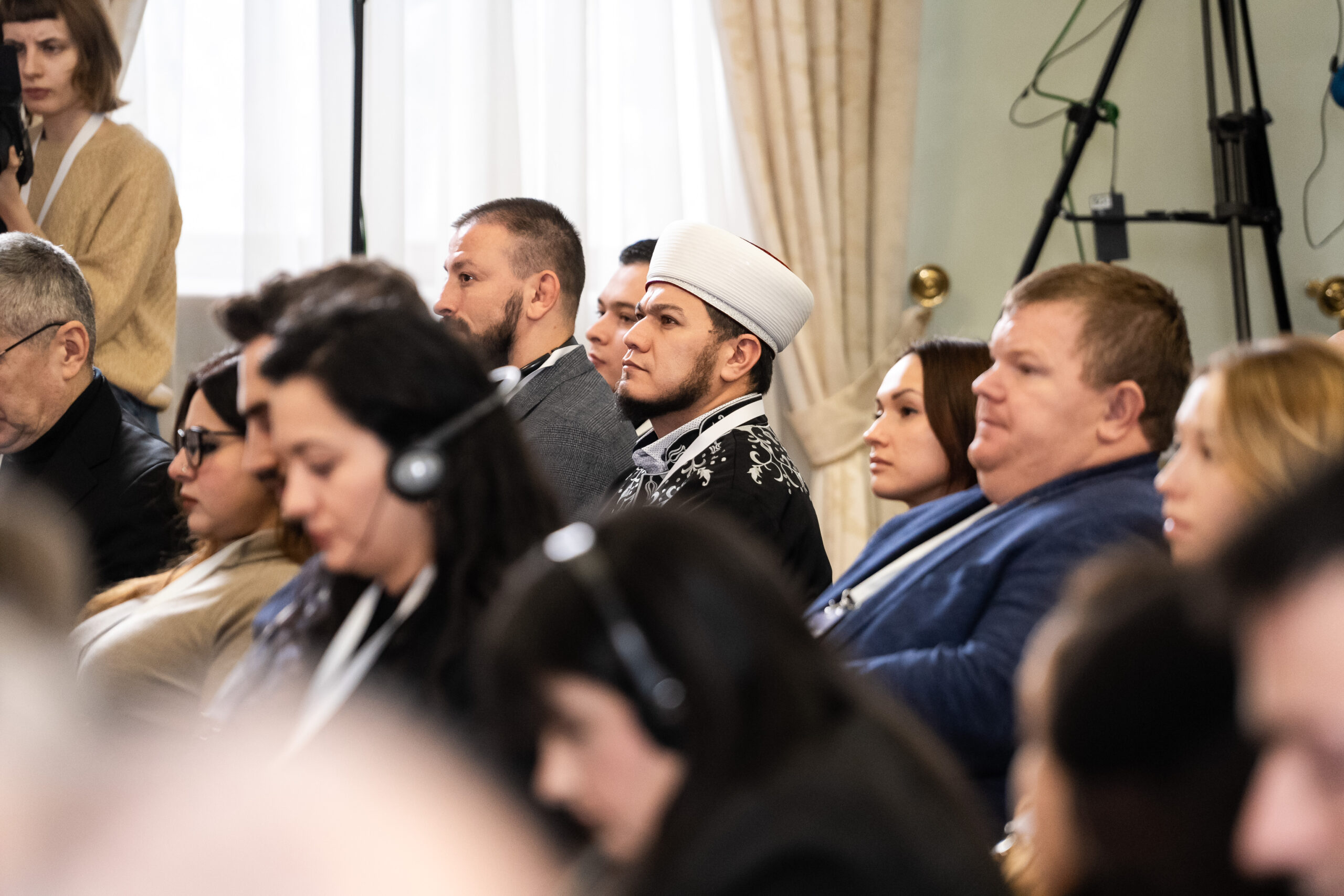
The conversation began with the Ukrainian aspect. Dmytro Usov explained that Ukraine is actively working to resolve the humanitarian crisis caused by Russian aggression. Efforts include both legislative measures and practical actions aimed at protecting citizens’ rights. For example, in March 2022, the Coordination Headquarters for the Treatment of Prisoners of War was established to handle issues related to the return of prisoners of war and civilians.
He also emphasized that Ukraine expects understanding and support from non-Western countries, highlighting the current ineffectiveness of international organizations:
“We want to see greater solidarity and more active participation in international initiatives that help protect civilians and military personnel and facilitate the return of our citizens home. This is about aiding Ukraine and upholding fundamental principles of humanity and international law.”
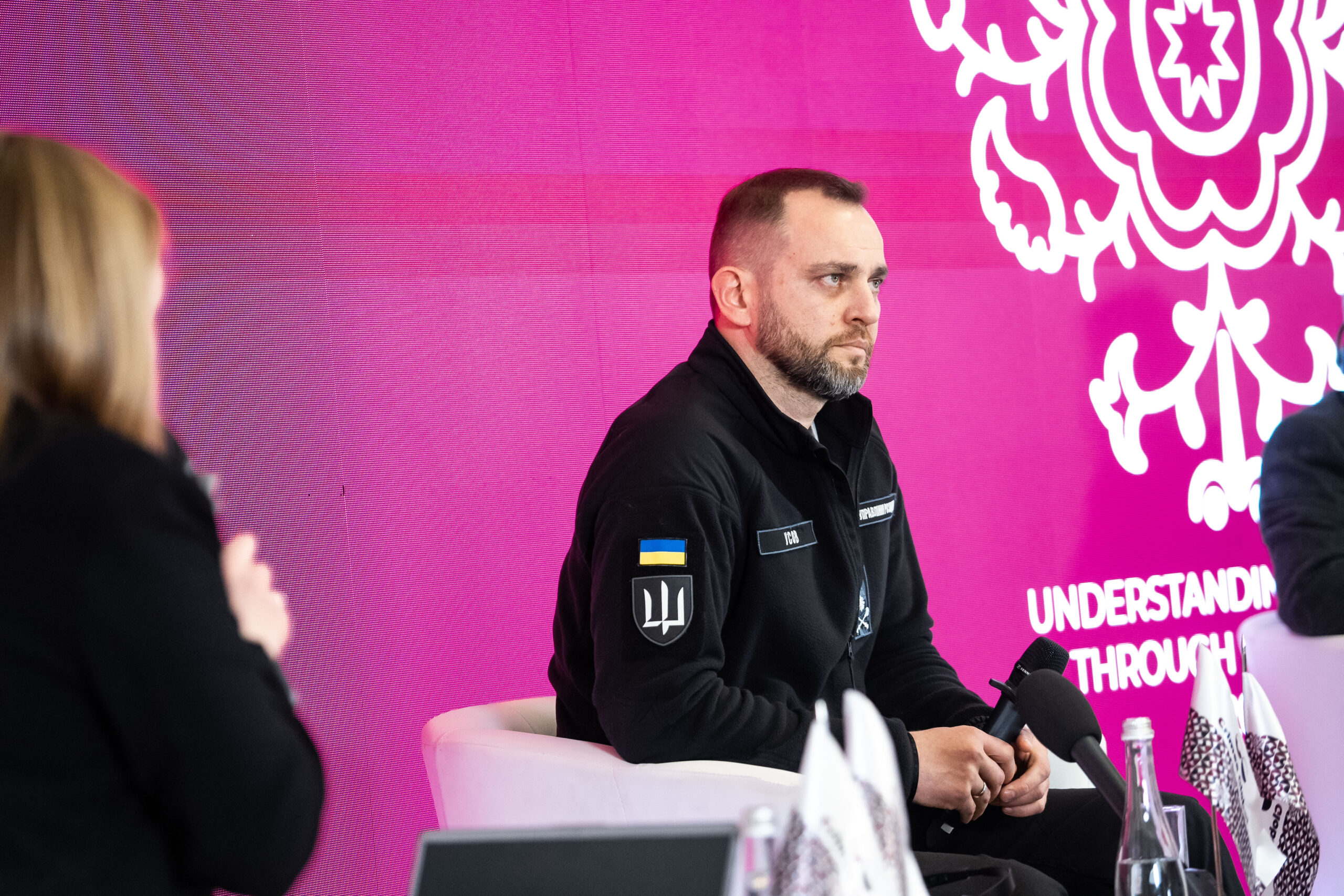
Addressing the potential role of India in resolving the crisis, Umashankar Singh, Senior Editor for Political and International Affairs at NDTV India, noted that India has shown its readiness to contribute to peacebuilding. He referenced Prime Minister Modi’s visit to Ukraine in August 2024, which marked the first-ever government-level visit in bilateral relations.
Umashankar Singh stressed that ending the armed conflict is impossible without the mediation of neutral countries, and it seems that this is the path that India has chosen:
“India and I see this as a positive, does not propose its peace formula with specific points. Instead, India seeks to engage with both sides and identify areas of potential agreement. While many influential countries support Ukraine, this does not necessarily create sustainable solutions for this conflict.”
He also highlighted that nearly 40% of Ukraine’s population requires humanitarian aid, and India could become a significant partner in this aspect.
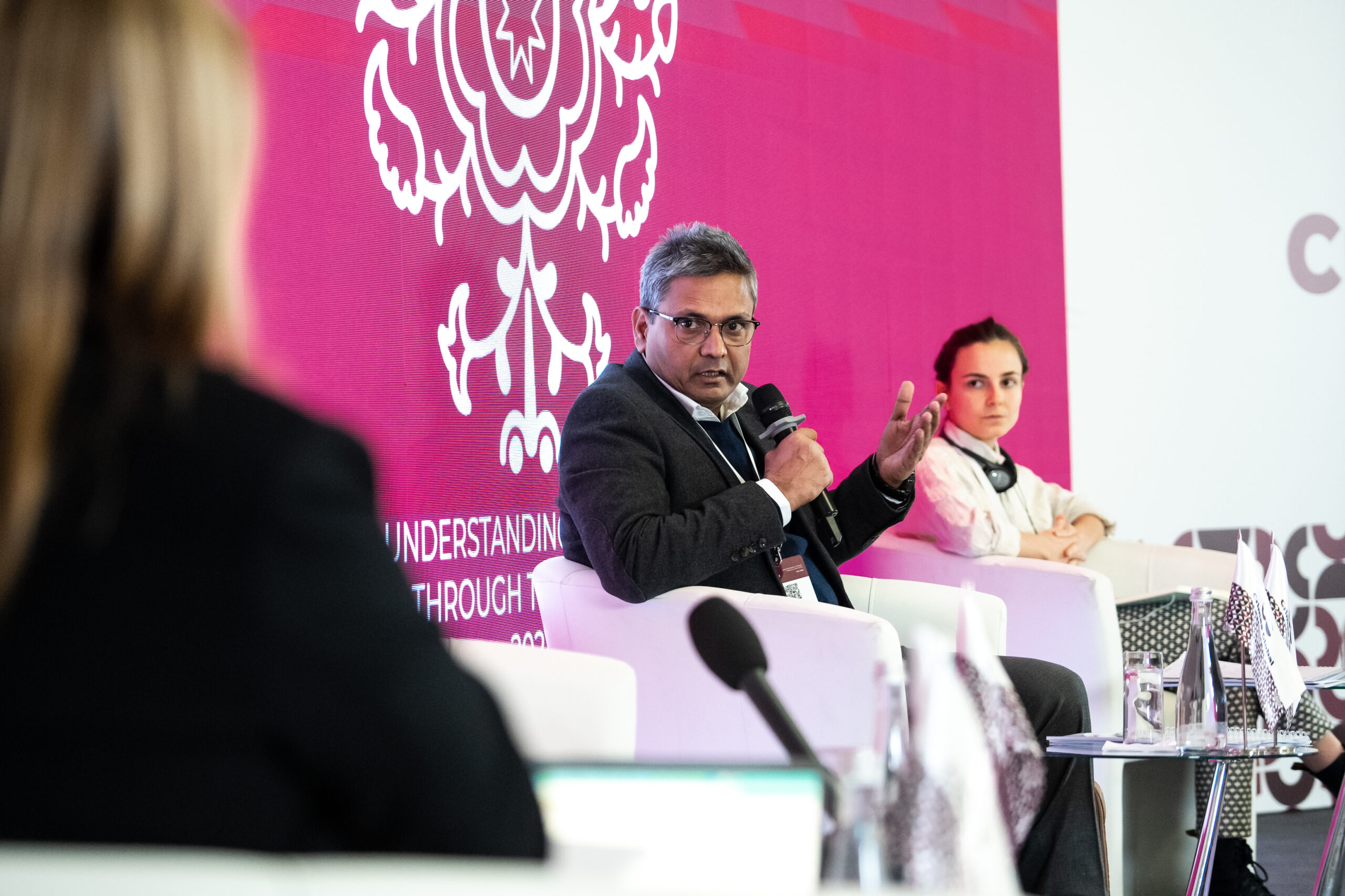
Rubén Beltrán, a lawyer and diplomat from Mexico, emphasized in his online address that the most significant problem with the UN is the outdated veto power held by the five permanent members of the Security Council. Since General Assembly resolutions can be blocked, countries must be ready to act unilaterally to tackle issues such as sanctions. Therefore, in his opinion, the UN Charter should be reformed to prevent veto power abuse and enable more democratic decision-making.
Mr. Beltrán noted that major humanitarian organizations could enhance their efforts in Ukraine and develop programs to assist the country post-invasion. These organizations include the UN International Organization for Migration, the Office of the United Nations High Commissioner for Human Rights, and the International Red Cross. He proposed appointing a special UN envoy for Ukraine to coordinate humanitarian efforts.
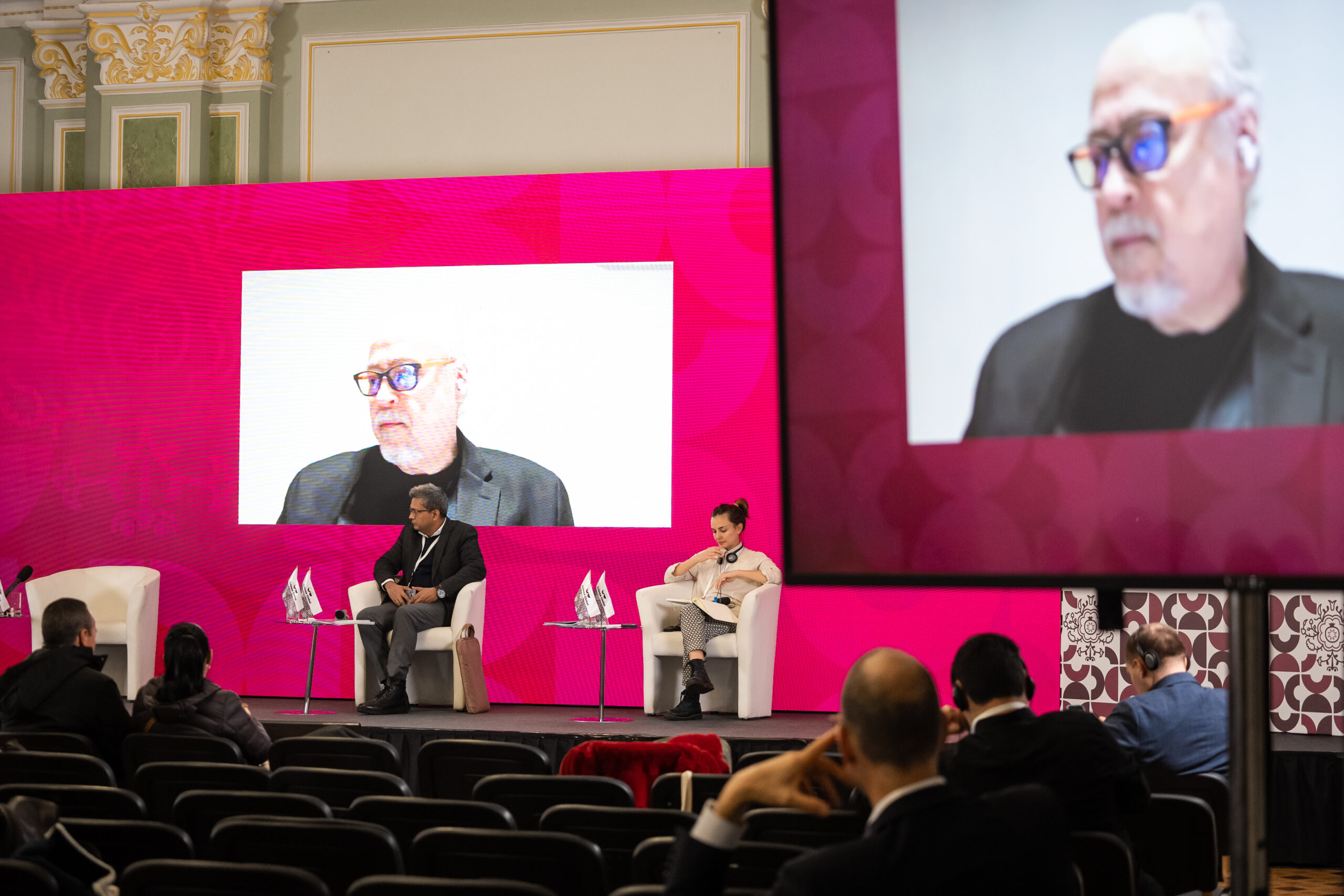
Commenting on Brazil’s stance, Marina Slhessarenko Barreto, a researcher at the Brazilian Center for Analysis and Planning, emphasized that while civil society largely supports Ukraine, government actions sometimes appear disorganized. She expressed admiration for the level of engagement by Ukrainian civil society in the country’s affairs. She referenced Brazil’s history to explain why Brazilians struggle to grasp the modern context of war. According to Marina, Brazil’s civil society views war as something from the past, inconceivable in today’s world:
“Brazil is a continental country with numerous internal issues and no unified stance from its civil society.”
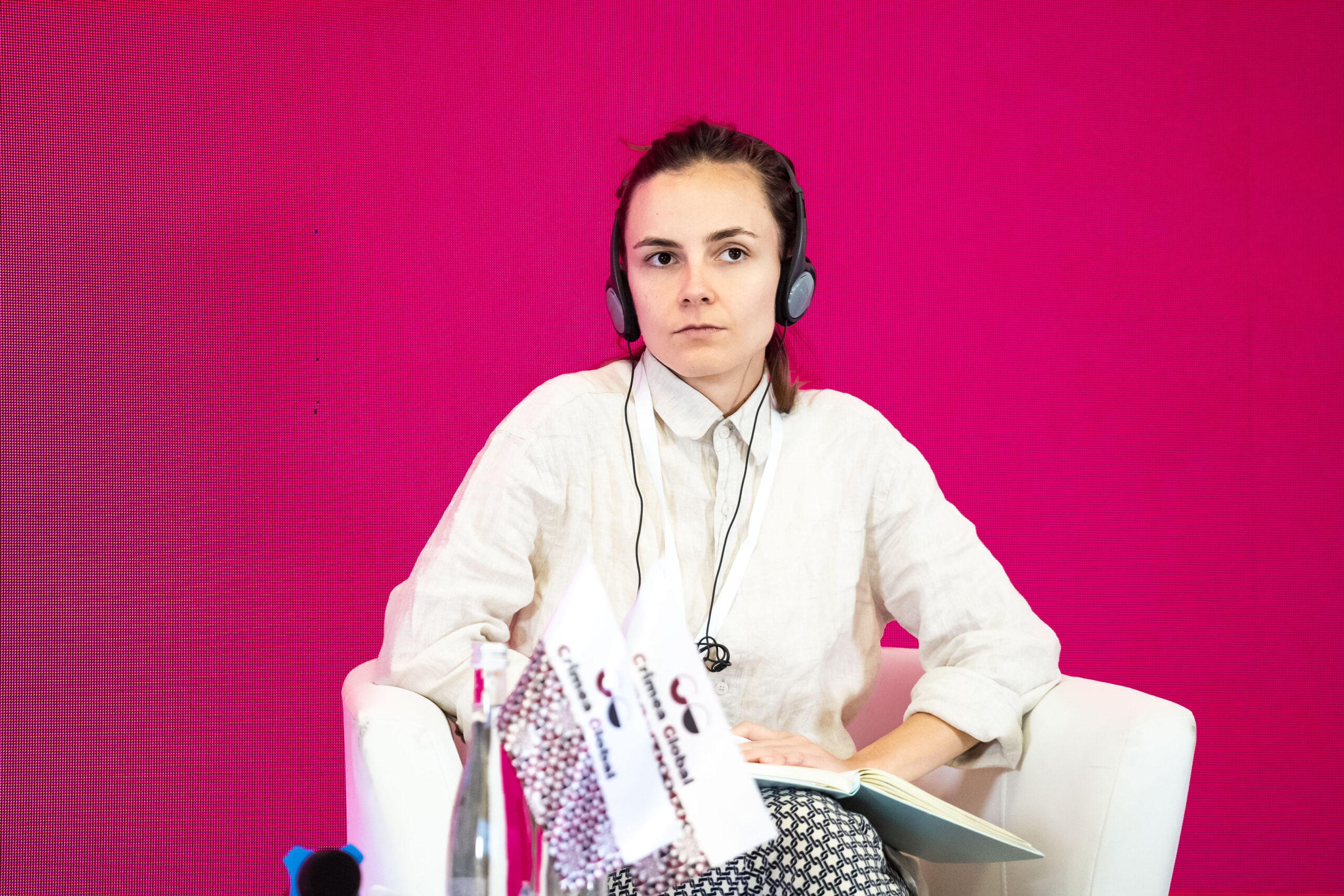
Ms. Slhessarenko Barreto stressed the need for substantial reform of international organizations like the UN and the ICC, as the global order established in the 1950s no longer reflects the complexities of the modern world.
During the discussion, Umashankar Singh added that India supports the idea of UN reform. He noted that the UN represents the global order established after World War II, and many of its aspects no longer align with current realities.




